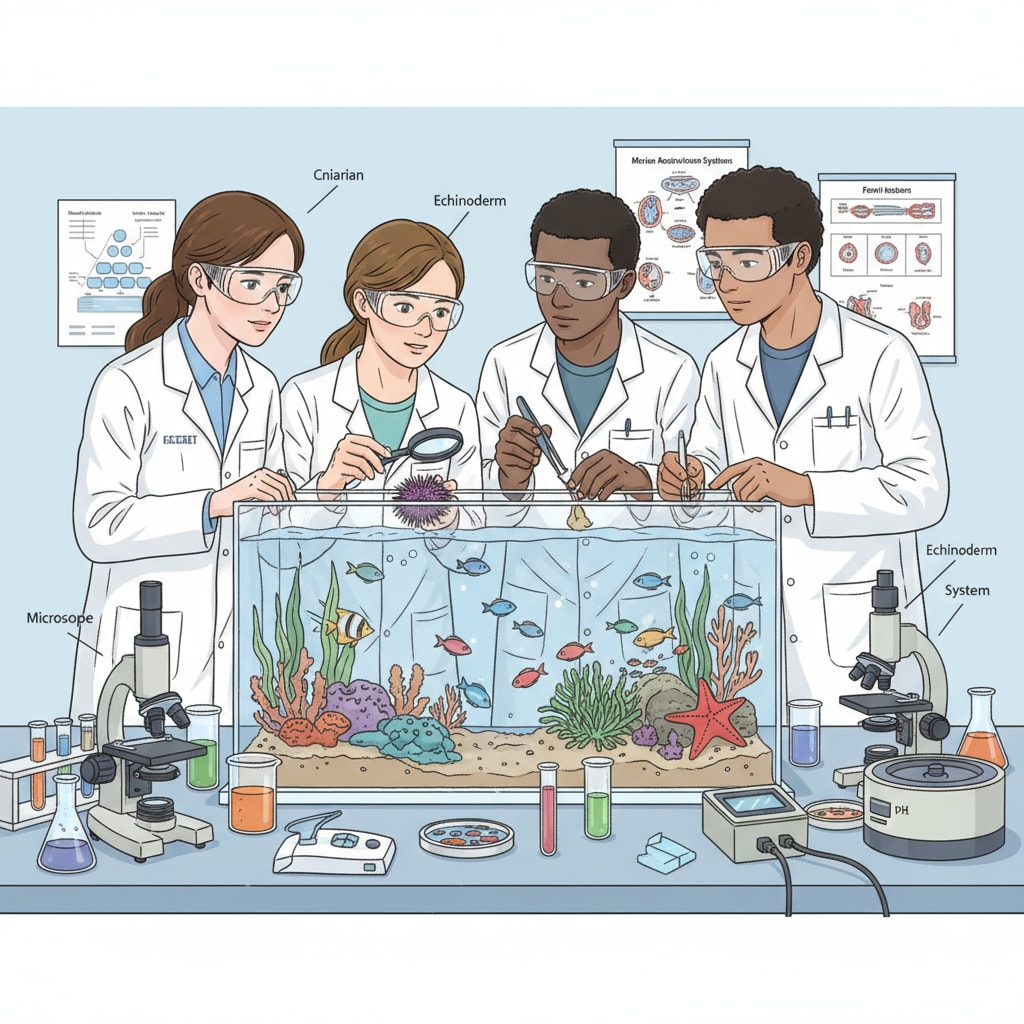Embarking on a journey to earn a science degree in marine biology or environmental science without prior knowledge might seem daunting, but it’s entirely feasible. Many students with non-science backgrounds have successfully navigated these paths, proving that passion and determination can overcome initial hurdles.

Understanding the Challenges
One of the primary challenges for students without a science background is the steep learning curve. Concepts in marine biology and environmental science, such as biological processes and ecological systems, can be complex. For example, understanding the intricate food webs in the ocean requires a basic understanding of biology. Additionally, the technical jargon used in these fields can be overwhelming at first. As a result, students may struggle to keep up with the coursework initially. However, with dedicated study and the right resources, these challenges can be overcome.

Preparing for Success
Before diving into a marine biology or environmental science program, it’s essential to build a foundation. Taking introductory courses in biology, chemistry, and environmental studies can provide a solid base. These courses will familiarize students with fundamental concepts and scientific methods. In addition, reading scientific literature and popular science books can help students develop an interest and understanding of the fields. By doing so, students can better grasp the subject matter when they start their formal studies. For instance, reading about the latest research in marine conservation can inspire and inform their academic journey.
Once in the program, seeking support is crucial. Many universities offer tutoring services, study groups, and mentoring programs specifically for students with non-science backgrounds. Connecting with professors and teaching assistants can also provide valuable guidance. Moreover, joining student organizations related to marine biology or environmental science can offer networking opportunities and hands-on learning experiences. These connections can enhance the learning process and open doors to future opportunities. Marine Biology on Wikipedia provides a wealth of information for those interested in the field.
Developing strong study skills is another key aspect of success. This includes effective time management, note-taking, and critical thinking. By organizing their study time efficiently, students can ensure they cover all the necessary material. Taking detailed notes during lectures and while reading can aid in comprehension and revision. Additionally, cultivating critical thinking skills allows students to analyze and evaluate scientific information, which is essential in these fields. Environmental Science on Britannica offers in-depth knowledge for students to explore.
In conclusion, obtaining a science degree in marine biology or environmental science without prior knowledge is achievable. By understanding the challenges, preparing adequately, and seeking support, students can thrive in these exciting scientific disciplines. With passion as their driving force, they can make significant contributions to the fields of marine biology and environmental science.
Readability guidance: The article uses short paragraphs and lists to summarize key points. Each H2 section provides a list of relevant ideas. The proportion of passive voice and long sentences is controlled, and transition words are scattered throughout the text for better flow.


